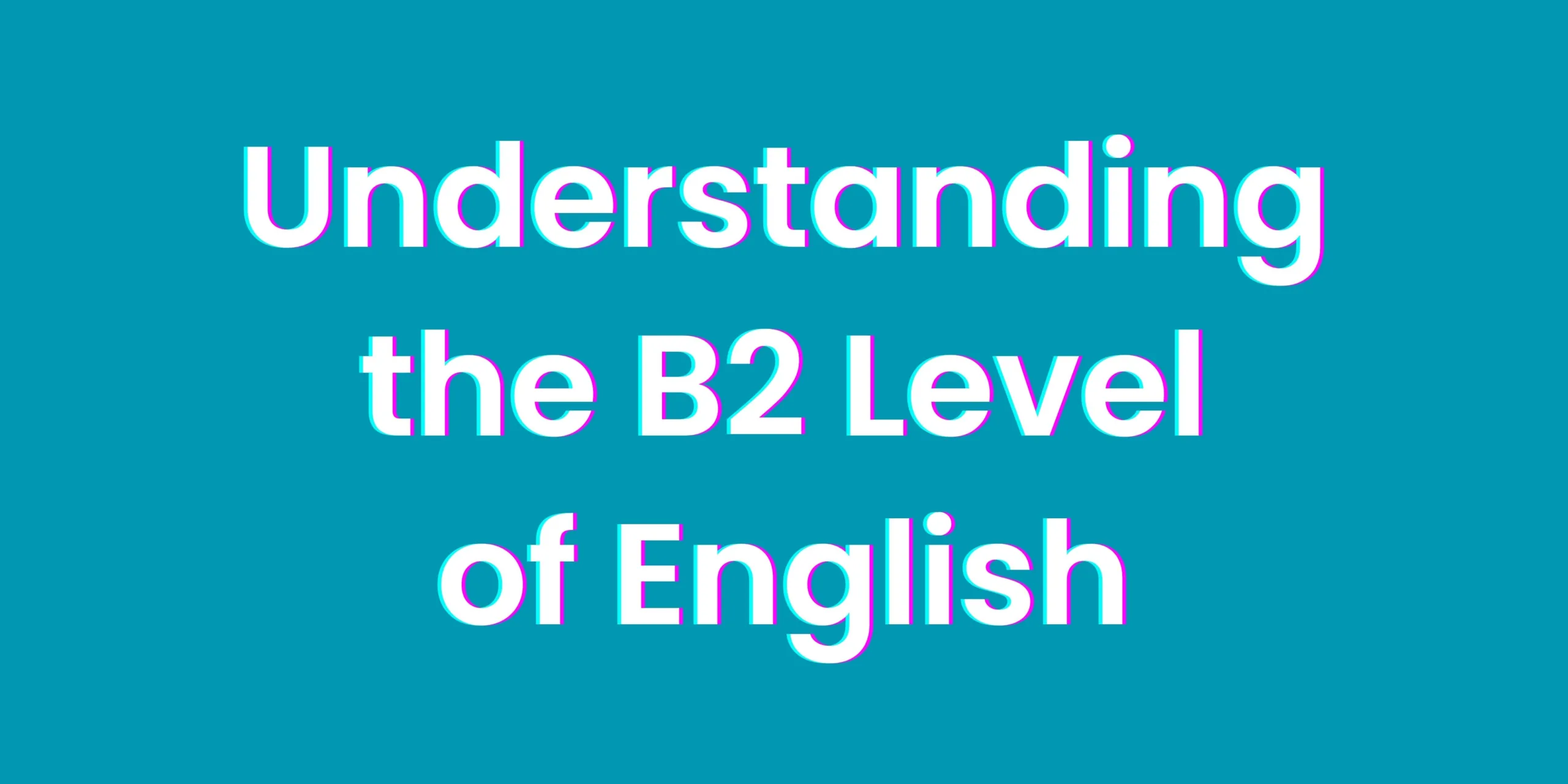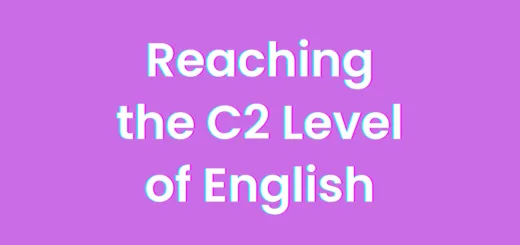Understanding the B2 Level of English

What is the B2 Level?
The B2 level of English, according to the Common European Framework of Reference for Languages (CEFR), represents an upper-intermediate level. At this stage, learners are able to communicate effectively in a wide range of situations, both in personal and professional contexts. They can understand and produce clear, detailed text on various topics, as well as express opinions and arguments in a structured way.
Key Characteristics of B2 Learners
Reading Skills
B2 learners can read and understand complex texts on both concrete and abstract topics. They can identify the main ideas and supporting details in articles, reports, and academic texts. For example, they can follow arguments in editorials or research summaries.
Listening Skills
At this level, learners can comprehend spoken English in diverse situations, such as meetings, lectures, and casual conversations. They can follow TV programs or movies without much difficulty, provided the accents are familiar.
Speaking Skills
B2 learners can engage in fluent conversations with native speakers. They can present ideas clearly, participate in discussions, and defend their opinions effectively. For instance, they can describe their career goals or explain their views on global issues.
Writing Skills
At the B2 level, learners can write clear, detailed texts on a variety of topics. They can compose essays, formal emails, and reports with proper structure and vocabulary.
Why is the B2 Level Important?
The B2 level is often a gateway to advanced English proficiency. It is recognized by many universities, employers, and immigration authorities as the minimum requirement for studying, working, or living in an English-speaking environment. Achieving this level demonstrates that a learner has the skills needed to interact with confidence in most real-life scenarios.
Tips for Reaching the B2 Level
Expand Your Vocabulary
Focus on learning words and phrases related to common topics like education, technology, and the environment. Use apps, flashcards, and reading materials to practice.
Practice Structured Writing
Try writing essays or emails with clear introductions, body paragraphs, and conclusions. Pay attention to grammar and use connectors like “however” or “therefore.”
Engage in Discussions
Participate in language exchange sessions or online forums where you can discuss various topics. This will help you practice expressing opinions.
Listen to Authentic Materials
Watch TED Talks, podcasts, or interviews to familiarize yourself with natural speech patterns.




